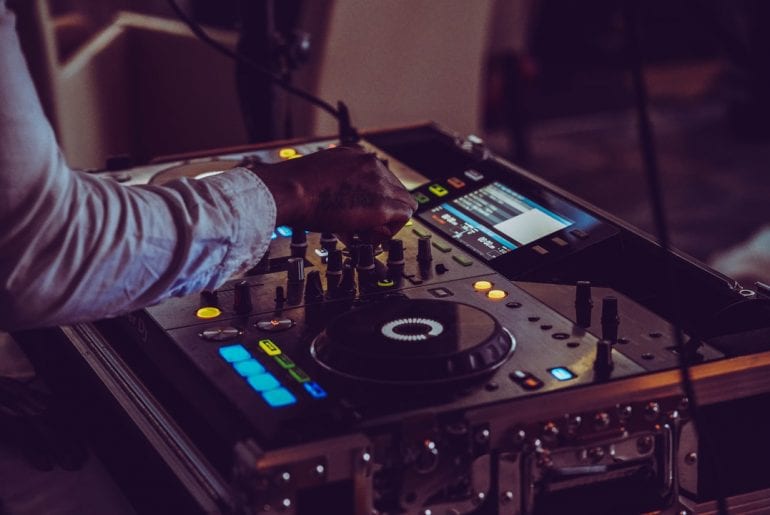Over the last few months, I’ve written about and discussed many different types of simple or basic marketing tactics that DJs could adopt to help increase their business. The idea was to help DJs get their feet wet and do easy things to gain an edge over their competition.
For this article, I’m going to take things up a few levels and discuss an important, but often neglected strategy (and a bit of a science) that DJs can take advantage of: It’s called Consumer Behavior Marketing. As someone who has a 100-percent sign-up rate with every single client I meet with, I have taken a lot of time to really understand the science behind it and perfect this when looking for new business, receiving inquiries and having consultations, which turn into a signing.
Let’s face it, tech knowledge is not all that is needed to become a good marketer. Marketing is about understanding human behavior and creating relationships. It helps develop the right strategies, tailoring content to the needs of a target audience, and knowing which buttons to push to create an impression or to awake certain emotions. In other words, it’s playing on certain emotions to generate the proper sales conversions and stealing market share away from your competition.
A large percentage of humans will base their decisions on emotion — and while the patterns they follow can be understood and manipulated, this doesn’t mean that they will last. As time goes on, trends and patterns always change. This is why you have to constantly evolve and do things different year after year.
For example, consumer behavior has changed in the digital age. Most of your customers now spend a lot of time on social media, but Millennial/Gen-Z customers trust their peers more than something they see online. So, you need to be retroactive in your marketing on both points to gain the right amount of business.
The best marketers are usually very skilled in behavioral science. They are able to define buyer personas quickly, adjust their writing voice and tone, find out what exactly people love about your brand, what makes them come back and how to find ways to delight them.
Major corporations, from Ford to Apple, have spent billions of dollars studying consumer behavior. They want to know how consumers make buying decisions and what influences those decisions. Your company obviously is not as big as Ford or Apple (even though we all dream of being that big one day), but your annual revenue doesn’t decrease the value of consumer behavior. The more you know about what drives your target customers’ buying decisions, the more, and the easier, services you can sell to them.
And if you can hit certain trigger points when consulting with them, they will never take a second glance at your competition, and they will sign immediately the first time they meet with you.
Some of you reading this are probably thinking, “Josh, what exactly is consumer behavior?”
It’s the series of behaviors or patterns that your target customers follow before deciding on you, signing your contract and officially hiring you. It starts when your customer becomes aware of a need or desire for your services, then concludes with the contract signing and retainer.
There are multiple points that actually go into the definition of this behavior, such as:
- How customers behave individually and in groups.
- Why their patterns change based on the types of services they need.
- When they are most likely to hire you.
- How they feel directly before hiring you.
- How they feel directly after hiring you.
- Which questions or objections contribute to their decisions to hire you.
- The number of touchpoints a customer makes with your business before hiring you.
This shouldn’t overwhelm you, but each of those factors is essential to understanding customer behavior. If you don’t know how to anticipate your target customer, how can you effectively market to him or her? Consumer behavior in marketing is the response a target customer exhibits to your marketing materials and presentations. For instance, if someone in your target audience views one of your Facebook posts, how does he or she react?
You already know that marketing and advertising are essential parts of running your company. However, that’s only one side of the coin. Nobody can force clients to hire you for their event. Learning consumer behavior will help you build better marketing materials. You’ll produce better content, select more appropriate images, and send messages to your potential clients that resonate with them. All of this goes hand in hand with behavior and their decisions to meet or hire your company.
In other words, you want every step you take in marketing your services to align with what you know about consumer behavior. And since consumer behavior changes depending on the overall end product, you have to dig deep into the data available to you.
DJ Times Magazine is copyright © 2020 by DJ Publishing, Inc. www.djtimes.com








